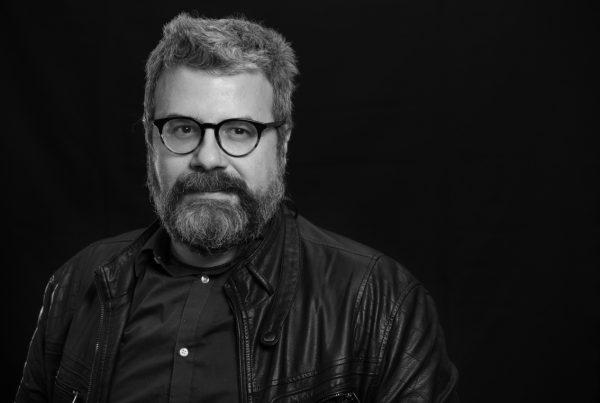Giuseppe (Beppe) has been an ICREA Professor at the Institute for Bioengineering of Catalonia (IBEC) since 2019, where he founded and leads the Molecular Bionics Group, which blends chemistry, physics, and engineering to advance nanomedicine. He is also a visiting professor at UCL and Sichuan University. As the founder of Vianautis Bio Ltd, he aims to develop genetic nanomedicines. Previously, he held a personal chair at UCL from 2013 to 2022 and in Sheffield from 2011 to 2013. His accolades include the Human Frontier Science Award, five ERC Grants, EPSRC Fellowships, the McBain Medal, and multiple fellowships with the Royal Societies of Chemistry and Biology. He has received the GSK Emerging Scientist Award, the Jingswa Friendship Award, and the Anhui 100 Talent Award. According to Stanford University, he has made significant contributions to materials science, polymer physics, and bioengineering and is now among the world’s top 2% of scientists, according to Stanford University.
Research interests
At the Molecular Bionics Group, we explore molecular and cellular trafficking across biological barriers, merging microscopy, theoretical physics, and computation to decode transport at molecular, membrane, and vasculature levels. Our insights into receptor clustering, protein aggregation, and membrane trafficking shed light on neurodegeneration, cancer, and immune disorders. We mimic these biological processes using synthetic analogues to influence them therapeutically. Leveraging molecular engineering, we design supramolecular drugs—smart therapeutics with enhanced precision, capable of modulating biological pathways like receptor clustering and pro-drug activation. These cutting-edge therapies are being tested for dementia, cancer, and immune disorders. Our mission is to seamlessly integrate medicine with biology, physics, and chemistry, redefining the future of healthcare.
Selected publications
- Zhang MZ, Zhong SQ, An LJ, Xiang P, Hu N, Huang W, Tian YP, Battaglia G, Tian XH & Wu M 2024, 'Advancing Central Nervous System Drug Delivery with Microtubule-Dependent Transcytosis of Novel Aqueous Compounds', Biomaterials research, 28 -0051.
- Palivan CG, Heuberger L, Gaitzsch J, Voit B, Appelhans D, Fernandes BB, Battaglia G, Du JZ, Abdelmohsen L, van Hest JCM, Hu JM, Liu SY, Zhong ZY, Sun HL, Mutschler A & Lecommandoux S, 2024, 'Advancing Artificial Cells with Functional Compartmentalized Polymeric Systems - In Honor of Wolfgang Meier', Biomacromolecules, 25 - 9 - 5454 - 5467.
- Mastrantuono E, Ghibaudi M, Matias D & Battaglia G 2024, 'The multifaceted therapeutical role of low-density lipoprotein receptor family in high-grade glioma', Molecular Oncology, vol 18-12-2966-2976.
- Yu Y, Yu S, Battaglia G & Tian X 2024, 'Amyloid-β in Alzheimer’s disease: Structure, toxicity, dis- tribution, treatment, and prospects', Ibrain, 10-3-266-289.
